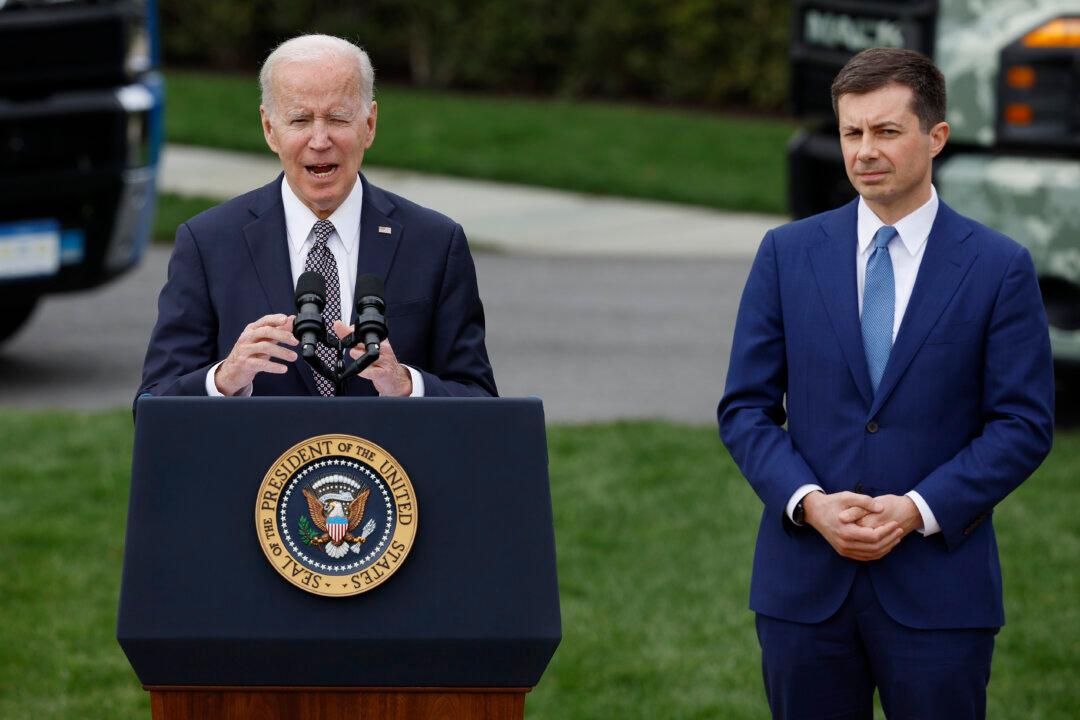The Department of Transportation (DOT) has announced plans for new regulations that would require airlines to compensate passengers and cover expenses for meals and hotel rooms when flights are delayed or canceled.
In a statement on Monday, DOT said the aim of the rules would be to require airlines to provide compensation beyond a ticket refund and to cover expenses that consumers incur, including rebooking on another flight when the airline is at fault for a delay or cancellation.





